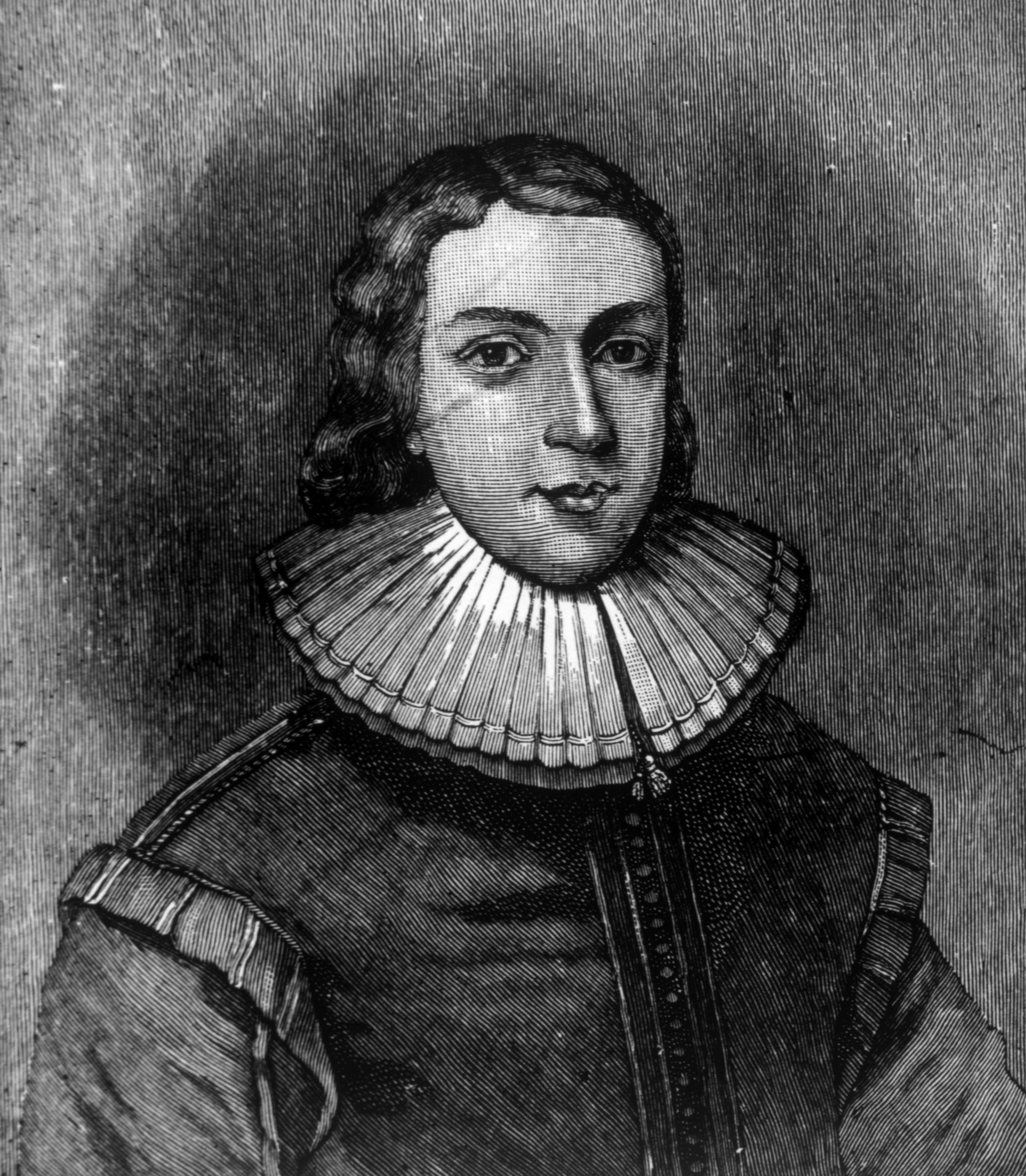Paradise Lost is an epic poem by the English poet John Milton. Scholars have called it one of the greatest poems in the English language.

Paradise Lost explores the rebellion of archangel Lucifer against the forces of God in heaven. The poem also presents a greatly expanded version of the Biblical story of Creation and Adam and Eve’s fall in the Garden of Eden. The main characters are God, Jesus Christ, Satan (formerly Lucifer), the archangel Raphael, and Adam and Eve. In the beginning of the poem, Milton states his theme: the fall of humanity through disobedience to God. The poet seeks, he says, to “justify the ways of God to man.”
Milton begins with the fallen Satan and his followers in hell plotting against the only human inhabitants, Adam and Eve, of God’s recently created Earth. In brilliant detail, Milton has the archangel Raphael describe the rebellion of angelic forces in heaven and then the creation of a new world for Adam and Eve on Earth. Milton follows with the story of the fall of Adam and Eve.
Milton wrote Paradise Lost in blank verse. Blank verse is a form of poetry that consists of lines of unrhymed iambic pentameter. In such a pattern, each line is divided into five units called feet, with the accent falling on every second syllable. Scholars and critics have praised Paradise Lost for its rich language and its powerful descriptions of heaven, hell, and the Garden of Eden. The extraordinary language of Satan as commander and seducer makes some readers think Milton secretly admires his villain. Other readers see the domestic story of Adam and Eve in the Garden of Eden as the emotional and human center of the poem.
The poem was originally published in 1667 in 10 books (units). In a second edition, published in 1671, Milton split two of his longer books, added some material, and revised the epic into 12 books.
Milton wrote a sequel called Paradise Regained (1671). This four-book “brief epic” describes how Jesus Christ withstood Satan’s temptations, thus regaining the Paradise lost by Adam and Eve. Paradise Lost has inspired many works of art, such as the English author John Dryden’s play The State of Innocence (1677) and The Creation (1798), an oratorio by the German composer Joseph Haydn.
See also Milton, John.
